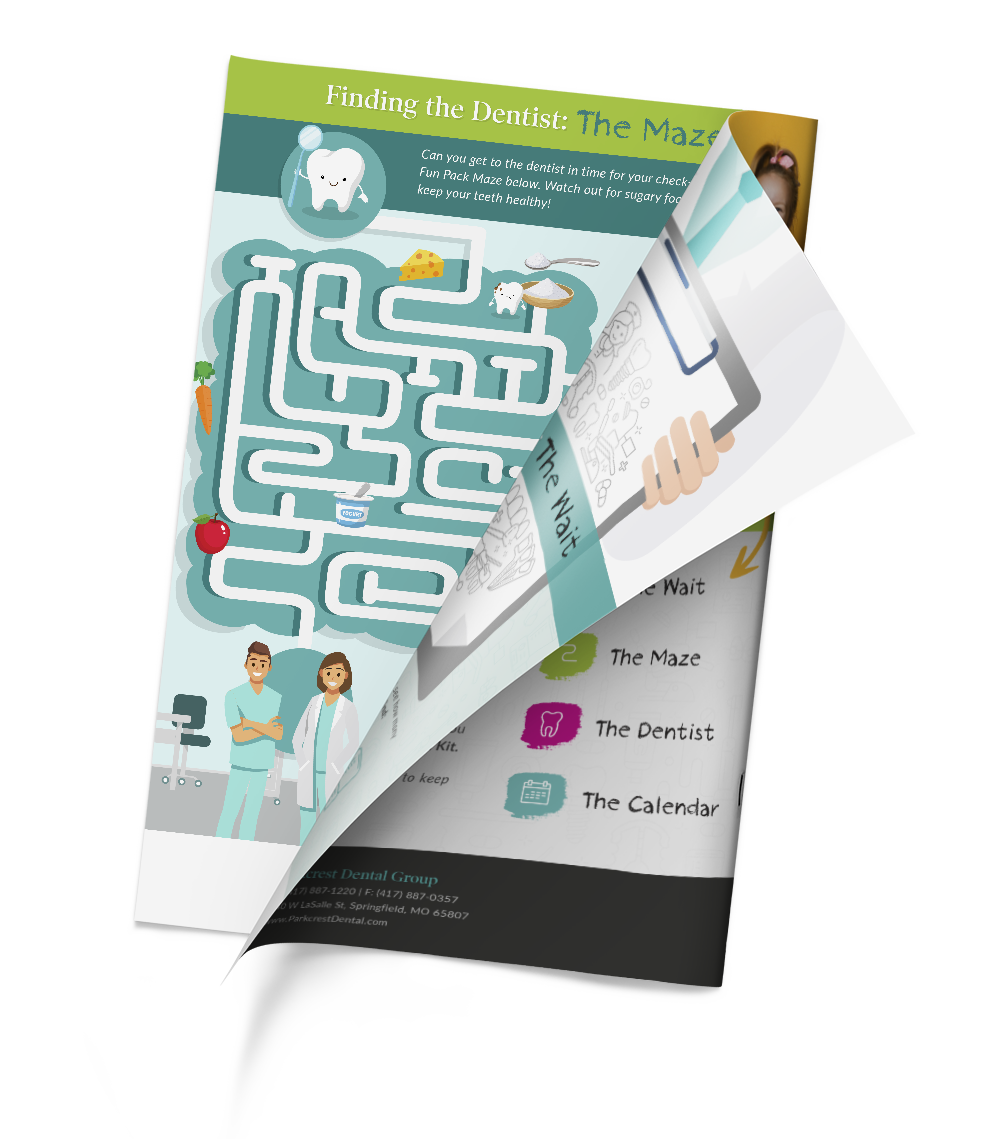
Congratulations on the arrival of your baby! Are you prepared for the arrival of your baby’s first tooth? Follow our guidelines at Parkcrest Dental Group and your son or daughter will be on the way to a lifetime of healthy smiles!
As soon as that first tooth pokes through the gums, it’s time to get your baby used to an oral hygiene routine! Start with a long-handled toothbrush you and your baby can hold simultaneously, or choose a brush shaped like a small finger puppet that fits over your fingertip. These brushes have soft bristles that gently massage your baby’s gums.
You won’t need toothpaste just yet. Simply dip the brush in lukewarm water before brushing. If your baby doesn’t like the toothbrush at this point, switch back to a damp washcloth and wait a few months. Teething can be a trying time as your baby’s gums may hurt. Make sure to have a teether on hand to help alleviate the discomfort.
Our pediatric dentist, Dr. Scott, recommends bringing your baby in for a checkup within six months of your baby’s first tooth coming in. This usually occurs around the first birthday. Did you know tooth decay can happen even in the newest baby teeth? That’s why we recommend a visit around the first birthday to try to avoid problems early on. Dr. Scott will give you suggestions on how to care for your infant’s chompers. Make sure to have a positive, upbeat attitude with the visit to make your baby more comfortable coming to our office.

When your baby has a few more teeth at 18 months old, it’s time to graduate to a pea-sized amount of children’s toothpaste that doesn’t contain fluoride unless directed by your child’s dentist. Help your youngster practice spitting out toothpaste to get ready for fluoride toothpaste later on because no one should swallow that much fluoride.
Avoid giving your baby sweetened drinks, sugary fruit juice, or soda. Watch for the sugar content in formula that could cause tooth decay over time. Even with breast milk, it’s essential to clean your baby’s teeth and gums every day. Another vital point is to make sure your baby doesn’t go to bed with a bottle of formula or sugary liquids. Try water instead to avoid tooth decay this early in life.
You’ve seen your little one mimic you time and again. When you smile, she smiles. When you clap, your baby claps. The same mimicry of these motions will work when developing a good oral hygiene routine. Your baby will follow the motions you make when you brush and floss, and be fascinated by what you’re doing. That’s when you should re-introduce a toothbrush to your little one. Make sure to help them brush and floss until they become more independent, sometime between 4 and 6 years old. Consider using music or songs to get two minutes of brushing in every morning and night.
Ready to get your baby started with some good oral hygiene habits? Make an appointment today!